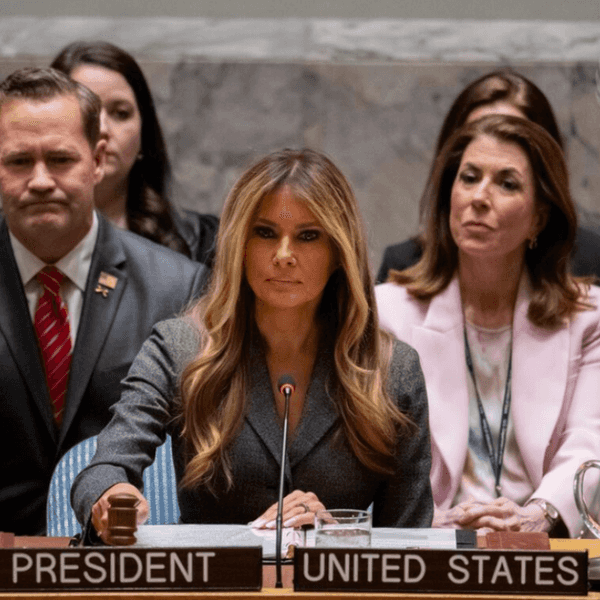
As part of our series “A Rooseveltian Second-Term Agenda,” an outline of what needs to be done to build upon and safeguard Dodd-Frank.
One of the Obama administration’s biggest vulnerabilities when it comes to its first-term policy legacy was that the roots of the legislation it ushered through wouldn’t take hold until around 2014. Thus if a Republican president took office in 2013, there was a real chance that he could dismantle, or at least strongly interfere with, the new framework for health care and financial regulations. And it was clear by 2010 that movement conservatives would make the repeal or collapse of both bills a litmus test for all Republicans in office.
But with President Obama’s victory last week, the core framework of Dodd-Frank, the financial reform bill he signed in 2010, will become the law of the land. The question now is how to best push it forward in the coming months and years.
The most sensible, immediate reform would be to give regulators the adequate resources necessary to do their jobs. The Commodity Futures Trading Commission had its funding cut by both parties last year in a move that will make their crucial work even harder to accomplish. The GOP is aiming to remove the independent funding stream for the Consumer Financial Protection Bureau. Without decent resources, it is unlikely that financial reform will be carried out effectively.
The next goal will require new reforms to draw some lines on the issues that haven’t been implemented well after the initial passage of the law. The Volcker Rule continues to be a mess while rules are being written. There isn’t a clear vision for what important new offices like the Office for Financial Research will set out to accomplish. These are major pieces of the legislation and are essential to creating fair, accountable, and transparent markets.
Fleshing out the post-Dodd-Frank agenda is also crucial. What should the proper regulations, if any, of high-frequency trading look like? Is breaking up the banks necessary for eliminating Too Big To Fail and the power of the financial firms over the markets, as a larger chorus of experts is starting to argue? How important is the government in preserving middle-class access to a 30-year fixed-interest-rate mortgage loan?
Fighting off a bipartisan effort to make Dodd-Frank more industry-friendly will continue to be a full-time battle. But even though we don’t have to worry about the party in power repealing what has already been put into place, there’s no excuse for neglecting to articulate a vision for a financial sector that serves the greater interests of the real economy.
Mike Konczal is a Fellow at the Roosevelt Institute.
Cross-posted from The Roosevelt Institute’s Next New Deal blog
The Roosevelt Institute is a nonprofit organization devoted to carrying forward the legacy and values of Franklin and Eleanor Roosevelt.
Photo by “mlmdotcom” via Flickr.com








